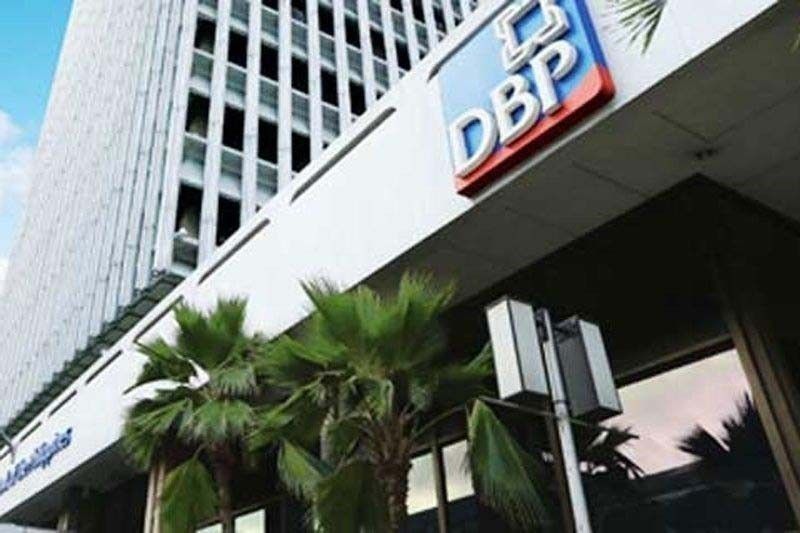DBP eyes pact with CL state firms, LGUs

MANILA, Philippines — State-owned Development Bank of the Philippines (DBP) is actively engaging several state corporations based in Central Luzon in a bid to expand its services to priority clientele especially those outside of its traditional market and city centers, a top official said.
DBP president and chief executive officer Michael de Jesus said the bank has entered into initial talks with the Subic Bay Metropolitan Authority (SBMA), City Government of Olongapo, Clark International Airport Corp. (CIAC) and Clark Development Corp. (CDC) to jumpstart key projects covering energy, air transport, road network, urban development, as well as businesses within the export processing zone.
“We are looking at potential partnerships covering additional deposits and financing opportunities with SBMA, local government of Olongapo, CIAC and CDC, which are at the forefront of the economic resurgence of Central Luzon,” De Jesus said.
DBP is the eighth largest bank in the country in terms of assets and provides credit support to four strategic sectors of the economy – infrastructure and logistics; micro, small, and medium enterprises; the environment; and social services and community development. It has a branch network of 146 branches including branch lite units which are mostly located in underserved communities.
The DBP board of directors spearheaded the Central Luzon visits as part of efforts to generate additional deposits to fund priority projects under the Build, Better More program of the Marcos administration. In particular, the SBMA leg was initiated by DBP director Wilma Eisma, who was a former president and chairman of the said agency.
DBP chairman Philip Lo said the entire DBP board has thrown its full support to the initiative and has vowed to take an active role to broaden the scope of services and client base of the Bank.
He said the DBP, whose niche market are comprised mainly of LGUs, water districts, and electric cooperatives, is looking to extend its market reach to include public firms, state universities and colleges and other municipalities and cities that require additional banking services for their respective constituencies.
- Latest
- Trending






























